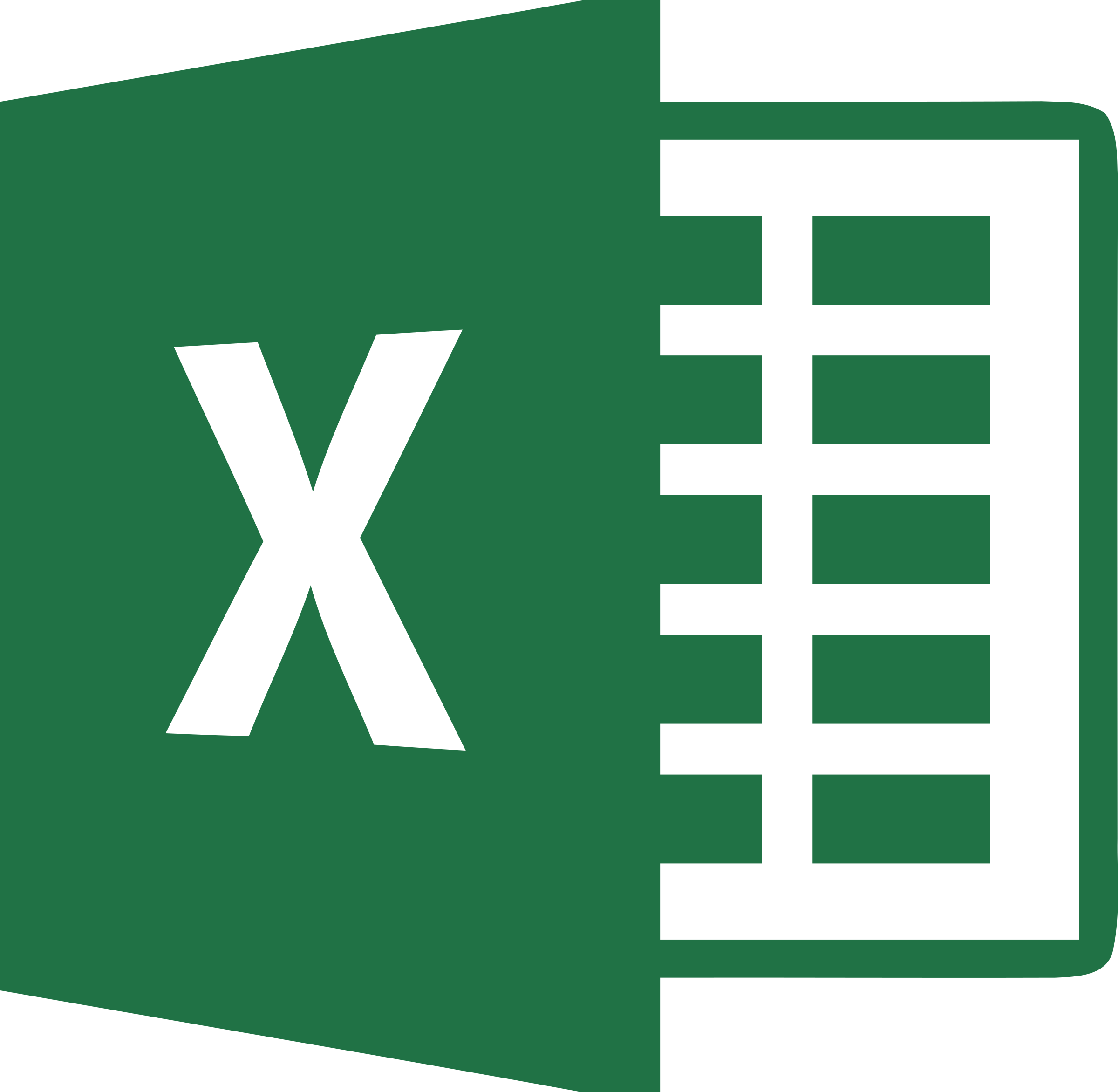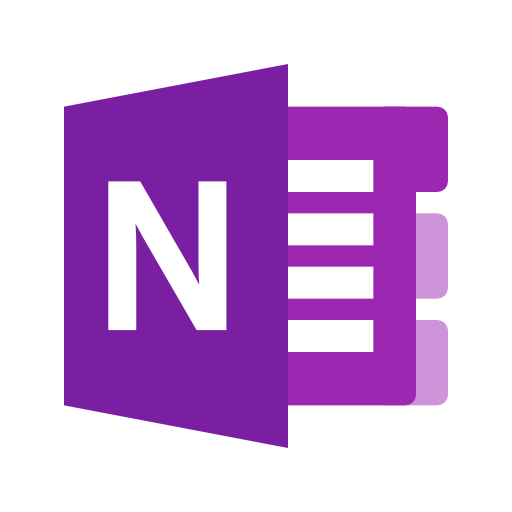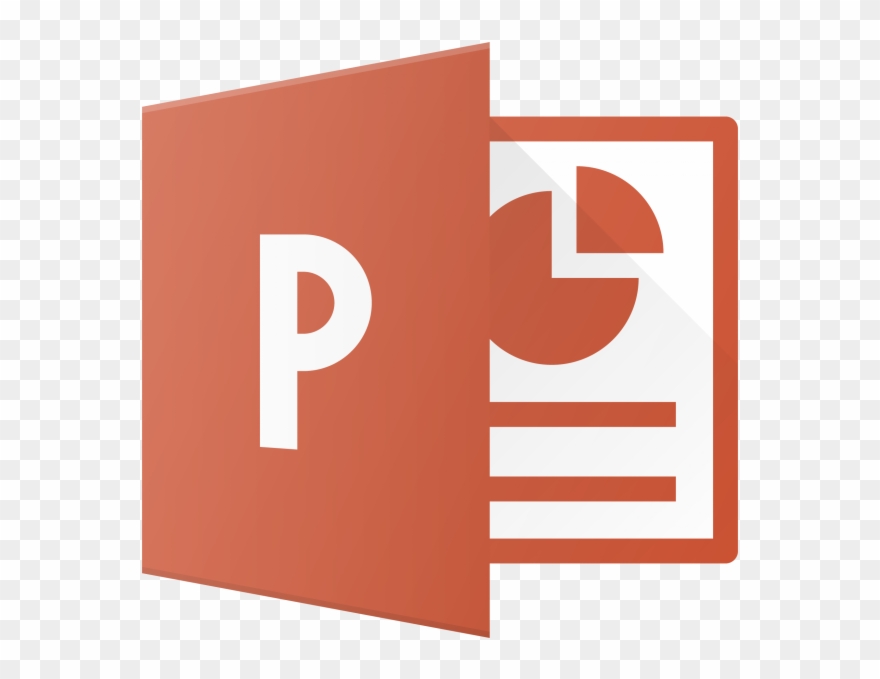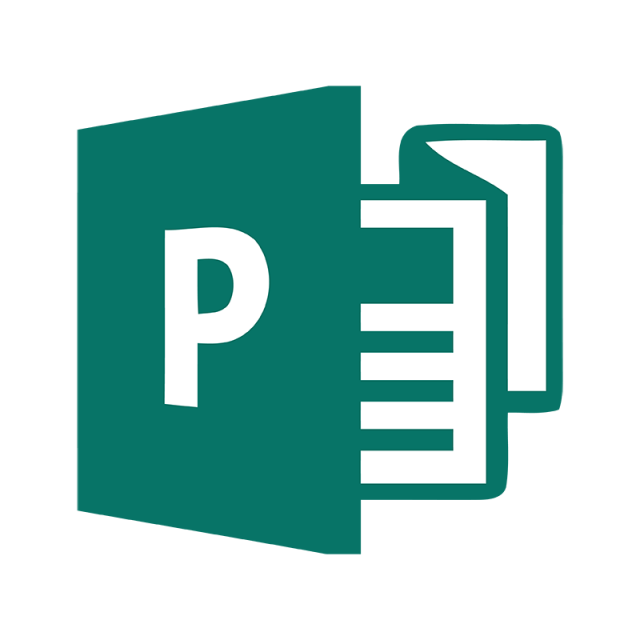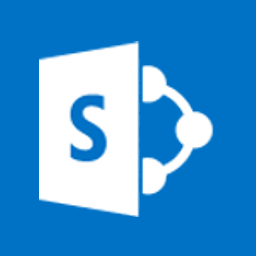Launched in 2001, Office 365 is a cloud-based, subscription model version of Microsoft’s popular productivity suite Microsoft Office. Office 365 contains the same core applications as traditional versions of Office, including Word, Excel, PowerPoint, Outlook, OneNote, and depending on the plan purchased, may also include other apps and services such as Publisher, Planner, OneDrive, Exchange, SharePoint, Access, Skype, Yammer, and Microsoft Teams. There are a number of different packages available when licensing Office 365, including versions for personal use, multi-user households, students, businesses, nonprofits, and education institutions.
Office 365 is a subscription-based service, meaning rather than buying a copy of the suite outright for a one-time, up-front cost, users instead pay a monthly subscription fee to access the service at a level of their choosing. Office 365 is also built as a cloud-first application; although desktop versions of its apps are available with certain plans, it’s designed to be used online. All applications, services, and data generated by Office 365 are hosted on Microsoft’s servers.
Great productivity tools help everyone in an organization be more productive, communicate more effectively, and get more done. The Office 365 suite makes performing essential tasks like finding information, sharing knowledge, communicating with colleagues, processing data, and planning and organization faster and more straightforward, reducing time spent on administrative tasks and leaving businesses more time to create, innovate, and move the business forward.
Apps recently added to Office 365 furnish business users with even more essential tools to help them grow, including:
- Microsoft Connections, a basic email marketing tool, and customer engagement platform
- Microsoft Listings, a tool to help organizations manage their business information on platforms like Facebook, Google, Bing, and Yelp
- Microsoft Invoicing, an app to generate and send professional invoices to customers and accept payments on the go
- Outlook Customer Manager, a simple, intelligent customer management add-on for businesses who don’t yet need a full-blown CRM system
- Microsoft Bookings, which allows users to manage customer appointments and schedules
- MileIQ, a mileage logging platform that automatically classifies and submits business travel
- Business Center, a central access point for all Office 365 business apps, through which users can track metrics like outstanding invoices, email subscriptions, and bookings
Using a cloud-hosted productivity suite can also have a positive effect on a company’s bottom line. Not only are subscription-based services typically more cost-effective, and more flexible if business circumstances change, Office 365 does not require any hardware investments. All infrastructure is handled at Microsoft’s end, reducing the need for IT expertise manage the suite in-house and potentially reducing spend on internal IT services.
